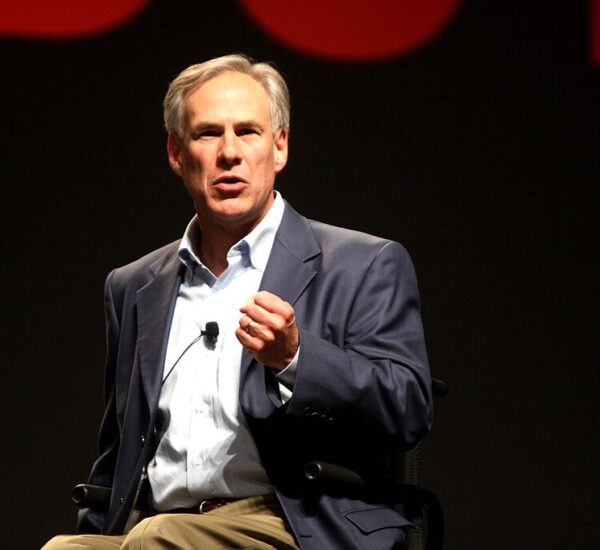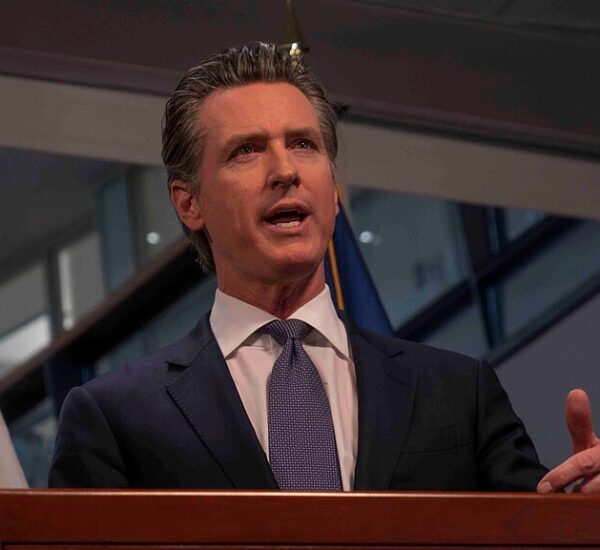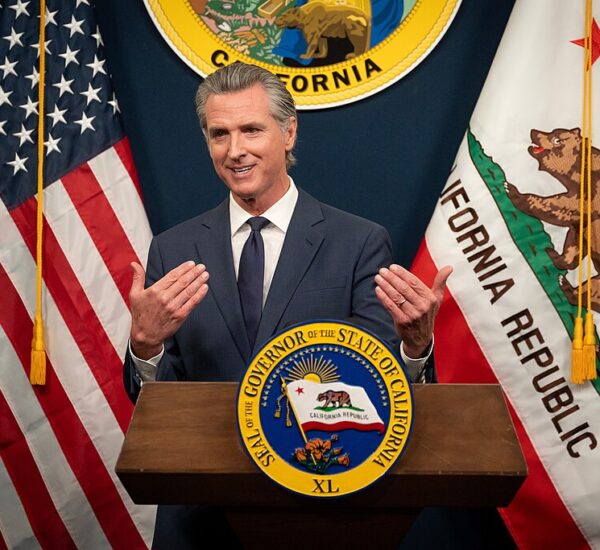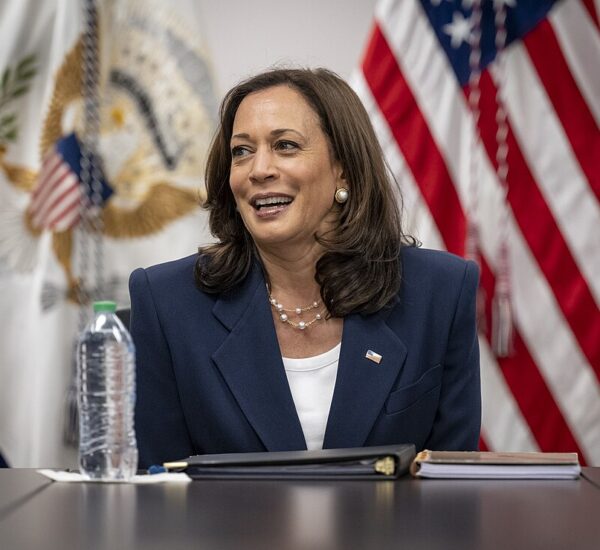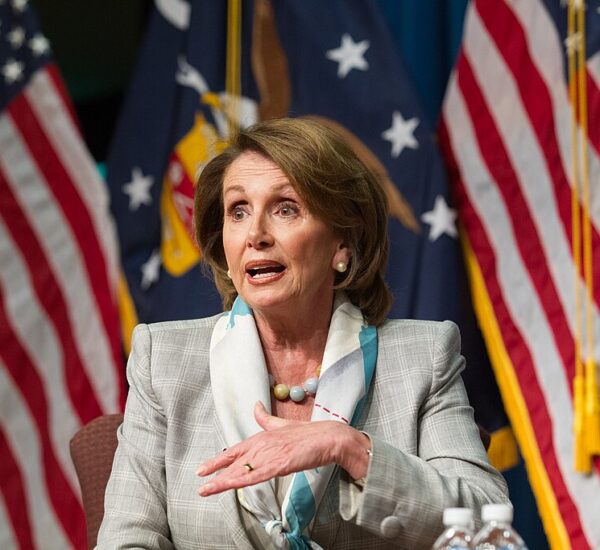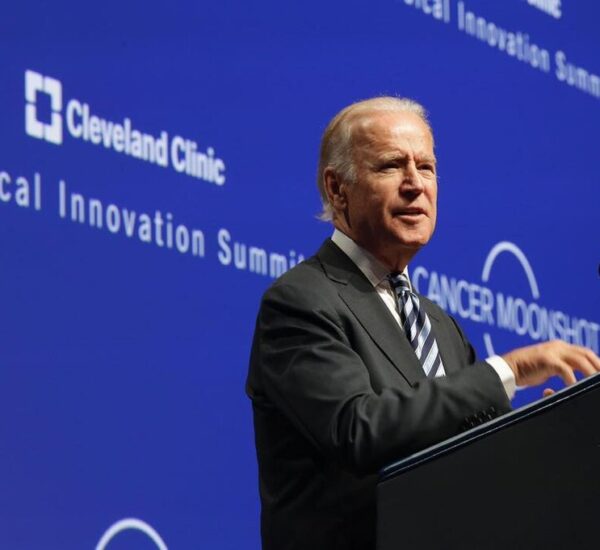Kamala Goes To Influencers For Help
Organizers of the Democratic National Convention recently made headlines by inviting 200 content creators to the event, heralding their inclusion as a chance to witness history firsthand. This approach aimed to broaden the reach of the convention beyond traditional media channels.
The DNC’s strategy was evident in the extensive engagement with these influencers. Vice President Kamala Harris recorded numerous videos with them throughout the convention, and the creators were given prime seating in a designated “creator platform” area. They also had opportunities to request interviews with campaign surrogates and enjoyed exclusive events, such as a yacht party hosted by the Harris campaign.
While Vice President Harris has largely avoided traditional media interviews, a move that has drawn criticism, her campaign’s unconventional media strategy seems to be working. The DNC proudly reported that the content produced by these influencers, including those covering the event virtually, amassed over 350 million views on social media during the four-day convention.
Matt Hill, the DNC’s senior communications director, highlighted this as a groundbreaking moment. “We leveraged vertical streaming, digital clippings, and content creators to tell our story and reach households nationwide,” Hill said. He emphasized that this method allowed millions of voters to learn about the Harris-Walz ticket’s commitment to their families and future.
Democratic strategist Brad Bannon believes the DNC’s influencer strategy will pay significant dividends. He pointed out that reaching younger voters, who typically turn out at lower rates, is crucial. Bannon argued that influencers can effectively mobilize these voters, potentially leading to increased support for Harris.
Interestingly, the DNC didn’t restrict their influencer engagement to those focused on politics. For example, Vidya Gopalan, known for her lifestyle content, produced videos about her shared Indian American heritage with Harris, which resonated widely and garnered 2.7 million views.
Nubia Bastia, an influencer from Chicago, noted that content creators are becoming key trusted sources of information in today’s media landscape. She underscored that influencers help dispel misinformation and provide valuable insights into events like the convention.
Although it’s too early to gauge whether this social media-centric approach will translate into votes, the DNC’s effort to connect with younger audiences reflects a broader trend. This is part of a larger strategy seen in other campaigns, including President Biden’s 2020 run, which also utilized innovative media tactics.
In contrast, the Republican National Convention similarly credentialed influencers, albeit fewer in number. Both parties are recognizing the importance of engaging with newer media formats, as evidenced by Trump’s active presence on platforms like X and TikTok.
While traditional media outlets have critiqued the DNC’s approach, arguing it limits their access, content creators believe there’s space for both types of media. They argue that diverse media formats can coexist and offer voters multiple avenues to receive information and perspectives.

